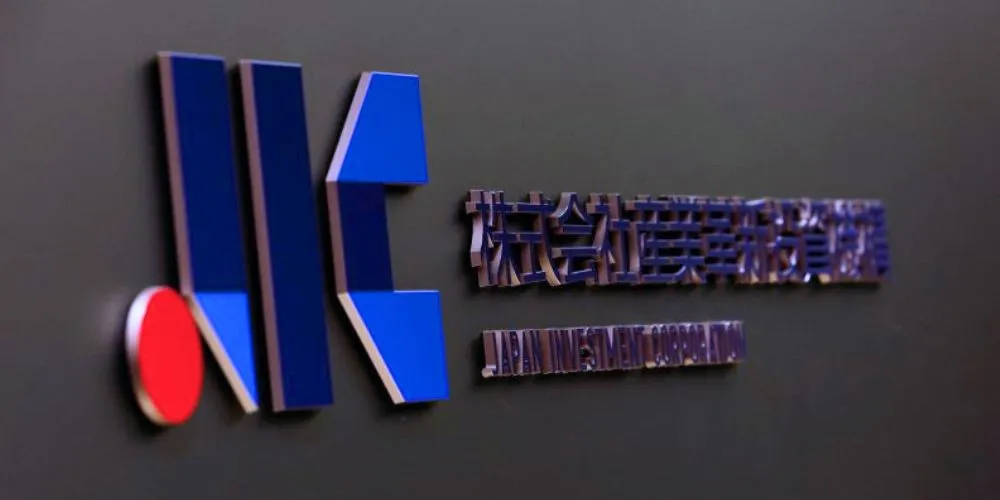Key Points:
- Japan Investment Corporation (JIC) moves forward with its $6 billion acquisition of JSR, a vital chipmaking materials company.
- Approval from China’s antitrust regulator was a crucial milestone for the deal, supporting Japan’s semiconductor ambitions.
- Privatizing JSR would enhance Japan’s control over critical semiconductor materials, strengthening domestic chip manufacturing capabilities.
- As previous deals show, rising geopolitical tensions have made regulatory approvals for semiconductor transactions more challenging.
Japan Investment Corporation (JIC), a Japanese state-backed investment vehicle, is moving forward with its planned US$6 billion acquisition of JSR, a crucial player in chipmaking materials. This decision comes after receiving assurances of approval from China, a key milestone for Tokyo’s semiconductor ambitions.
Speaking anonymously, sources familiar with the matter revealed that JIC intends to commence a tender offer as early as March 19. Originally slated for December, the buyout was delayed pending approval from China’s antitrust regulator. The proposed deal offers shareholders 4,350 yen (approximately $29.4) per JSR share. A spokesperson for JIC stated that the details of the tender offer will be announced once the schedule is finalized. They also mentioned that an update would be provided if the offer had not been launched by the end of March.
The privatization of JSR holds significant strategic importance for Japan, as it would grant the country greater control over the world’s leading supplier of photoresists used in advanced semiconductor manufacturing. This move aims to bolster Japan’s domestic chip manufacturing capabilities, aligning with its broader efforts to enhance semiconductor self-sufficiency.
Japan has already greenlit substantial subsidies for global chipmakers like Taiwan Semiconductor Manufacturing Company (TSMC) and Micron Technology, as well as suppliers such as Sumco and Iwatani.
Escalating tensions between China and the US have heightened the challenges of securing regulatory approvals for semiconductor transactions. Last year, Intel abandoned its $5.4 billion acquisition of Tower Semiconductor after failing to obtain China’s approval promptly. Negotiations with regulatory bodies, including those in China, are typically conducted confidentially. Regulators may also alter their positions throughout the process, complicating cross-border transactions, particularly in sensitive sectors like semiconductors.











